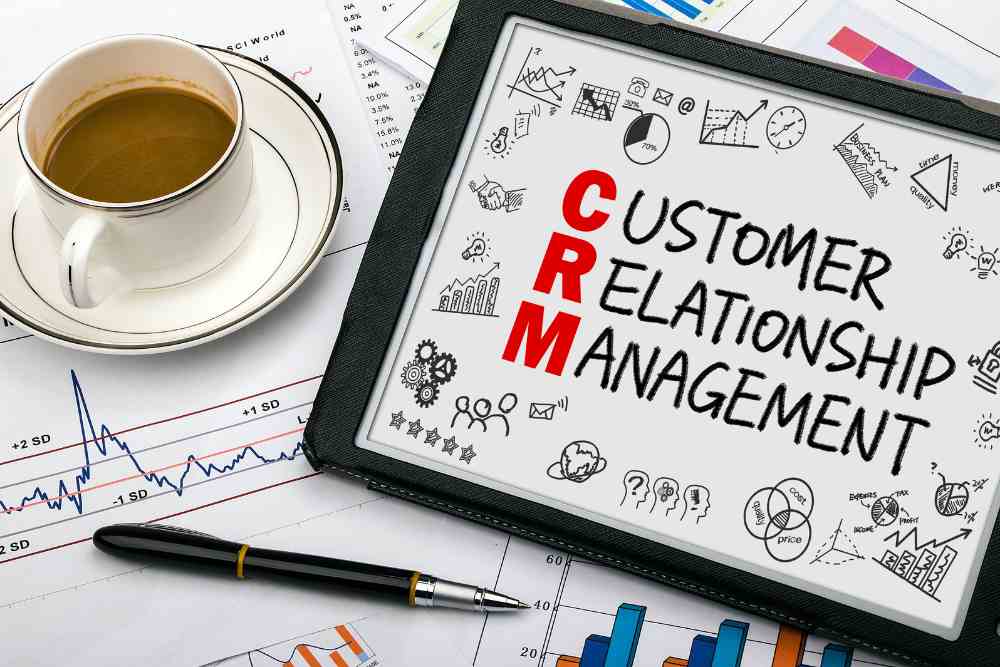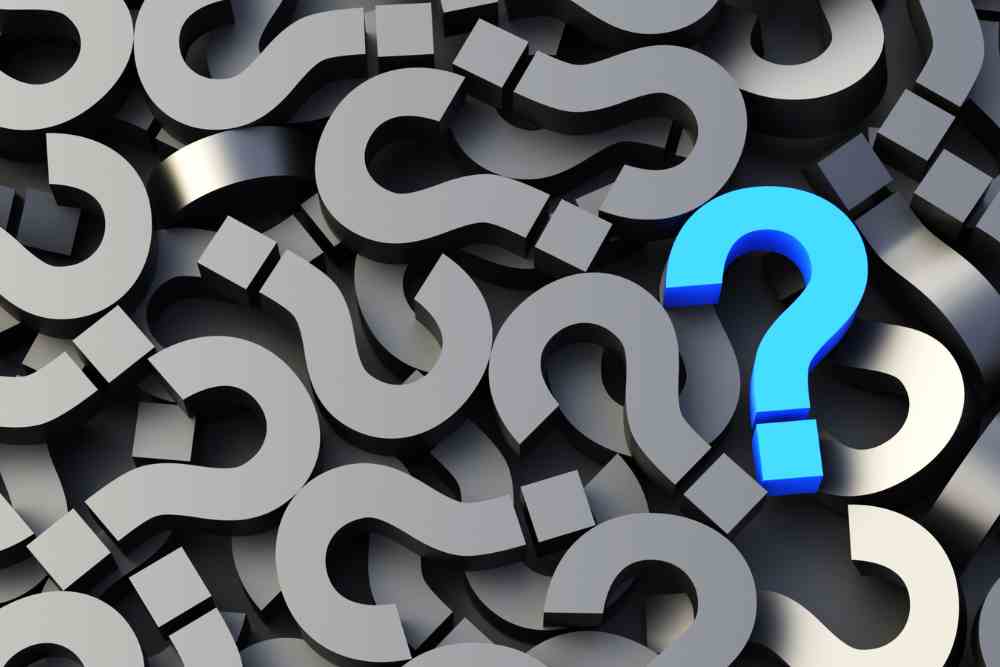Strategies to Secure CRM Data and Transactions

Customer Relationship Management (CRM) systems have become an integral part of businesses across various industries. These platforms enable organizations to manage customer data, track interactions, and streamline sales and marketing processes. However, with the increasing reliance on CRM systems, the need for robust security measures to protect sensitive data and transactions has become paramount. In this article, we will explore strategies to secure CRM data and transactions, ensuring the confidentiality, integrity, and availability of critical information.
The Importance of CRM Data Security
CRM systems store a wealth of valuable information, including customer contact details, purchase history, and communication logs. This data is not only crucial for day-to-day operations but also represents a significant asset for businesses. Therefore, protecting CRM data is essential to maintain customer trust, comply with data protection regulations, and safeguard against potential cyber threats.
Understanding CRM Vulnerabilities
Before diving into strategies to secure CRM data and transactions, it is important to understand the vulnerabilities that can expose these systems to risks. Some common vulnerabilities include:
- Weak authentication and access controls: Insufficient password policies and lax access controls can make it easier for unauthorized individuals to gain access to CRM systems.
- Unpatched software vulnerabilities: Outdated CRM software or plugins can contain known security vulnerabilities that can be exploited by attackers.
- Insider threats: Employees or contractors with access to CRM systems can intentionally or unintentionally compromise data security.
- Phishing attacks: Social engineering techniques, such as phishing emails, can trick users into revealing their login credentials or other sensitive information.
- Third-party integrations: Integrations with other systems or third-party applications can introduce additional security risks if not properly vetted.
Strategies to Secure CRM Data and Transactions
Implementing a comprehensive security strategy is crucial to protect CRM data and transactions from potential threats. Here are some effective strategies to consider:
1. Strong Authentication and Access Controls
Implementing strong authentication mechanisms, such as multi-factor authentication (MFA), can significantly enhance CRM security. MFA requires users to provide additional verification, such as a one-time password or biometric authentication, in addition to their regular login credentials. Additionally, enforcing strict access controls based on user roles and responsibilities can limit unauthorized access to sensitive data.
2. Regular Software Updates and Patch Management
Keeping CRM software and plugins up to date is crucial to address known vulnerabilities. Regularly check for updates and patches provided by the CRM vendor and promptly apply them to ensure that the system is protected against the latest threats. Consider implementing an automated patch management system to streamline this process and minimize the risk of overlooking critical updates.
3. Employee Training and Awareness
Investing in employee training and awareness programs can help mitigate the risk of insider threats and phishing attacks. Educate employees about best practices for data security, such as recognizing phishing emails, creating strong passwords, and reporting suspicious activities. Regularly reinforce these training programs to ensure that employees stay vigilant and up to date with the latest security practices.
4. Data Encryption
Encrypting CRM data both at rest and in transit adds an extra layer of protection. Utilize strong encryption algorithms to ensure that sensitive information remains unreadable even if it falls into the wrong hands. Implement Transport Layer Security (TLS) protocols to secure data transmission between CRM systems and other applications or devices.
5. Regular Data Backups
Regularly backing up CRM data is essential to mitigate the impact of data loss or system failures. Implement a robust backup strategy that includes off-site storage and periodic testing to ensure data integrity. In the event of a security breach or system failure, having up-to-date backups can significantly reduce downtime and minimize the potential loss of critical information.
6. Third-Party Integration Security
When integrating CRM systems with third-party applications or services, it is crucial to assess the security practices of these external entities. Conduct thorough due diligence to ensure that they adhere to industry-standard security protocols and have a track record of maintaining data confidentiality. Regularly review and update integration configurations to minimize potential security risks.
Case Study: XYZ Company
XYZ Company, a leading e-commerce retailer, implemented robust security measures to protect their CRM data and transactions. By adopting a multi-layered approach, they were able to significantly enhance their CRM security and minimize the risk of data breaches.
First, XYZ Company implemented multi-factor authentication for all CRM users, requiring them to provide an additional verification code sent to their mobile devices. This measure ensured that even if an attacker obtained a user’s login credentials, they would still be unable to access the CRM system without the additional verification.
Second, XYZ Company established a regular patch management process, closely monitoring updates provided by their CRM vendor and promptly applying them. By staying up to date with the latest security patches, they were able to address known vulnerabilities and reduce the risk of exploitation.
Third, XYZ Company conducted regular employee training sessions on data security best practices. They educated their employees about the dangers of phishing attacks and provided guidelines on creating strong passwords. By fostering a culture of security awareness, XYZ Company minimized the risk of insider threats and improved overall CRM security.
Securing CRM data and transactions is crucial for businesses to protect sensitive information, maintain customer trust, and comply with data protection regulations. By implementing strong authentication and access controls, regularly updating software, investing in employee training, encrypting data, regularly backing up data, and ensuring the security of third-party integrations, organizations can significantly enhance CRM security. Remember to always stay vigilant and keep up with the latest security practices to stay one step ahead of potential threats.
For an all-in-one sales and marketing platform that prioritizes data security, consider using SaasExpert.ca. Their platform offers robust security features to protect your CRM data and transactions, ensuring the confidentiality, integrity, and availability of critical information.
Learn more about “Improving CRM Data and Transaction Security” right here.
Frequently asked questions about Strategies to Secure CRM Data and Transactions.

Absolutely, let’s talk strategies to ensure that your CRM data and transactions are as secure as Fort Knox! 🏰 So, get your notepads ready, or just bookmark this page—these tips are golden! 🌟
1️⃣: What are the top strategies for securing CRM data? 🤓
If you’re aiming for top-notch CRM data security, you can’t beat a multi-layered approach. This includes:
- Data Encryption: Always, always encrypt your data both in transit and at rest. 🔐
- User Authentication: Two-Factor Authentication (2FA) or Multi-Factor Authentication (MFA) should be non-negotiable. 👤🔑
- Regular Audits: Conduct routine security audits to identify potential vulnerabilities. 🕵️♀️
🎉 Bonus Tip: Create a data security policy and ensure all team members are trained and tested on it.
2️⃣: How do I safeguard sensitive customer information during transactions? 💳
Safeguarding customer information during transactions is critical for building trust and ensuring compliance. Here’s how you can go about it:
- Secure Payment Gateways: Make sure you’re using a reputable, secure payment gateway for financial transactions. 🔒💰
- SSL Certificates: Ensure that your CRM uses SSL certificates for encrypted communication. 🌐
- Data Masking: Mask sensitive details so that the full information isn’t visible to your support team or any other unnecessary parties. 🎭
💡 Bright Idea: If you don’t need to store sensitive data, don’t. The less sensitive info you keep, the less you have to worry about securing!
3️⃣: How can I protect my CRM from insider threats? 🕵️
Insider threats can be just as damaging as external ones. Here are some strategies to consider:
- Least Privilege Access: Limit access to data based on roles and requirements. 👮♀️
- Monitoring & Logging: Keep an eye on who’s doing what in your CRM. If someone’s exporting a suspicious amount of data, you want to know! 🚨
- Regular Training: Educate your employees on the importance of CRM security and how to spot potential threats. 🎓
🤝 Trust But Verify: Always perform background checks on employees who will have access to sensitive CRM data.
4️⃣: Can I use third-party integrations and still keep my CRM secure? 🔌
Great question! Third-party integrations can bring a lot of functionality to your CRM but can also introduce security risks. Always ensure:
- Vendor Vetting: Only use integrations from reputable vendors with robust security measures. 👌
- Data Handling Policies: Understand how these third-party tools handle and store your data. 📜
- Access Control: Limit the permissions you grant to third-party applications. 🛑
🚀 Go The Extra Mile: Conduct your own security assessments on third-party tools whenever possible.
5️⃣: How should I respond to a security incident involving my CRM? 🚨
If the worst happens and your CRM is compromised, swift action is critical:
- Incident Response Plan: Have a pre-planned response strategy. Time is of the essence! ⏰
- Containment: Isolate the affected parts of your CRM to prevent further damage. 🚫
- Communication: Notify affected parties transparently and promptly, and take steps to mitigate the impact. 📞
🛡️ Lessons Learned: After resolving the incident, conduct a thorough investigation to understand what went wrong and how to prevent it in the future.
There you go! Five strategies to help you make your CRM a virtual Fort Knox. Secure data equals happy customers and a happy team. 🌈 Feel free to reach out if you have more questions or need further clarification! 😊
- crm
- customer relationship management
- Strategies to Secure CRM Data and Transactions
- What is CRM Software?






